
Pool Myths Busted: Separating Fact from Fiction
Is everything you believe about pools actually true? We’re separating fact from fiction (and sharing random trivia). Click to see which myths really don’t hold water!

Is everything you believe about pools actually true? We’re separating fact from fiction (and sharing random trivia). Click to see which myths really don’t hold water!
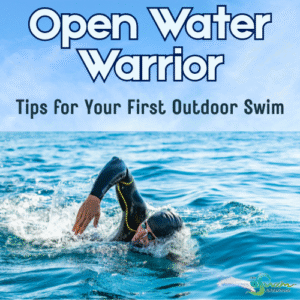
Ready to swap the blue lines for blue lakes? We’ve got the tips & support you need to conquer your first open water swim like a warrior. Click to learn how!
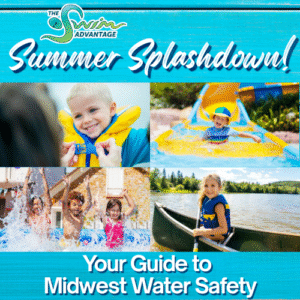
Don’t just ‘watch your kids’! Check out our super-shareable guide to Midwest water safety. Real tips for a fun & safe summer splashdown!
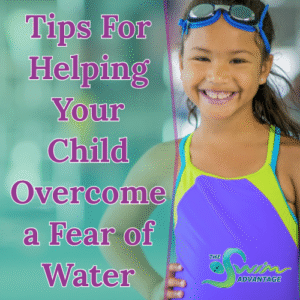
Got a little “couch captain” who treats the pool like lava? We’ve got playful, gentle strategies to help them find their inner happy swimmer.

Looking for a fun and enriching activity for your homeschooler? Dive into the world of swim lessons! The Swim Advantage explores the many benefits of swimming for homeschooling families, from boosting physical fitness and water safety to enhancing social skills and academic learning.

Feeling stressed or anxious? Dive into the pool and discover how swimming can improve your mental health! This blog post explores the many ways pool time can lead to a happier, healthier you.
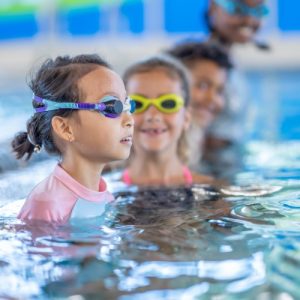
Don’t let the start of school keep your little ones away from the pool. Learn all about the benefits of fall swim lessons here!

Want to host the ultimate pool party? Get inspired with our creative ideas for activities that will keep every age group entertained and having a blast.
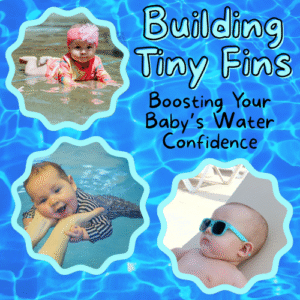
Make a splash with your little one! Learn how to introduce your baby to water safely and enjoyably, fostering a lifelong love of swimming.
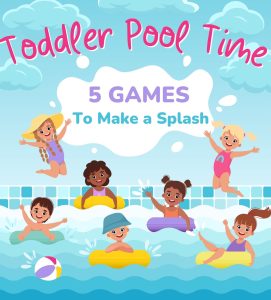
Looking for ways to make pool time more fun for your toddler? Check out these 5 splish-tastic games that will have them giggling, splashing, and learning to love the water!